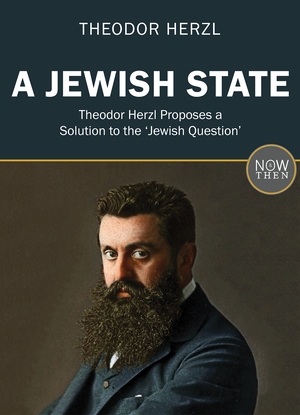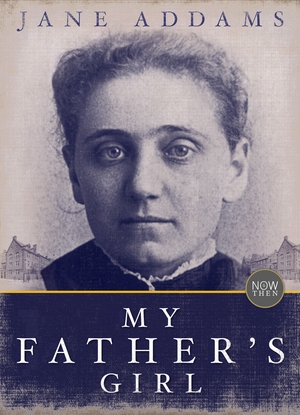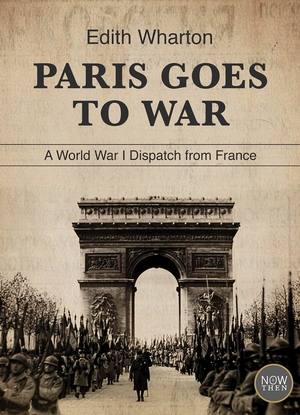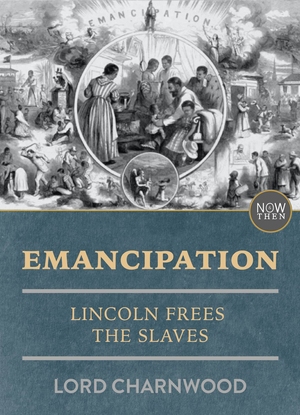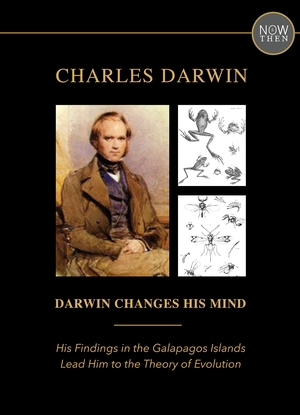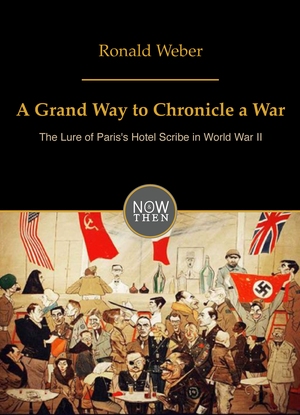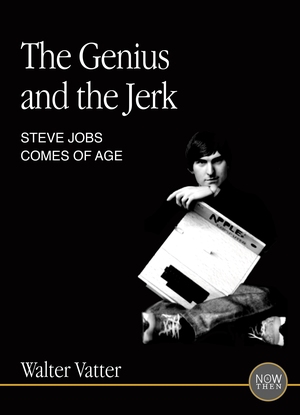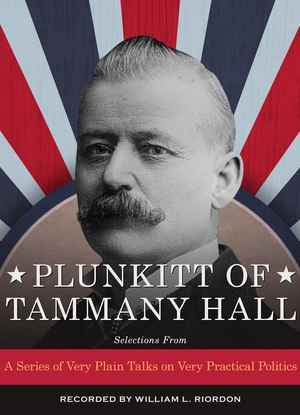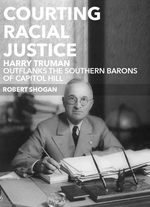Enemies, A Love Story - Preview
The oral history of Siskel and Ebert
by Josh Schollmeyer
ENEMIES, A LOVE STORY
In the beginning, Eugene Kal Siskel and Roger Joseph Ebert stood alone as their own men. About this—and all other matters—they were adamant. Ebert could not be Siskel, Siskel could not be Ebert and Siskel and Ebert together could not be fathomed. Quite the opposite actually: Professionally speaking, their daily aim was to bludgeon each other via newsprint, their medium/blunt object of choice. Ebert, wunderkind film critic of the Chicago Sun-Times, tried to knock down Siskel with his own perfectly crafted words, which gushed forth as quickly as Ebert’s fingers could type and scored him a Pulitzer. (Ebert 1, Siskel 0.) Meanwhile, Siskel, biting film critic of the Chicago Tribune, tried to topple Ebert with the words he collected straight from the mouths of big-shot movie stars, whom he seemingly always convinced to sit down and talk to him before Ebert. (Siskel 1, Ebert 0.) Whenever actual spoken words between the two of them were required—which was almost never—they were drenched in venom. For instance: “I remember Siskel taking Ebert’s putdowns with a smiley face at O’Rourke’s on the Friday night after he became the Trib’s temporary critic,” former columnist Bill Granger, witness to the first-ever Siskel v. Ebert clash, wrote in the late 1990s. “He did it for so long on that boozy evening, that the rest of us ended up in drunken sympathy for the new kid on the block (Siskel) and told the old bully (Ebert) to shut up.”
But there is commerce in rivalry—never more so than on television, where animosity often rouses chemistry and chemistry dependably rouses ratings. And so, in 1975, producers at Channel 11 attempted to strike television gold by placing Siskel and Ebert before hot lights and letting them have it out live on tape. They continued fighting in full view of anyone with a television set for the next quarter century. It was, in fact, their natural state. Like Lucy and Ricky or Simon and Simon, they burned brightest when beamed in tandem over national airwaves. In the process—and far from inadvertently—they established Chicago as a pre-eminent cultural arbiter, keeping Los Angeles and New York under their thumbs, which when turned downward could greatly impact the box-office returns of the films made in those cities. Also in the process, exact date indeterminate: Their mutual loathing turned into mutual, if sometimes begrudging, respect. That respect lives on stronger today than perhaps ever before—some thirteen years after Siskel’s death pulled them back apart. “I miss him terribly every day,” Ebert told CBS Sunday Morning last January. Such is the way of nearly all of Ebert’s recent media appearances. The interview is ostensibly about Ebert’s own health struggles—a merciless cancer that took away his ability to speak and forcibly removed him from the show he and Siskel created—but ultimately, the conversation always strays back to the magic of Siskel and Ebert. It turns out that in the end, they stood tallest when they stood together. Here now is an account of their historic televised togetherness.
